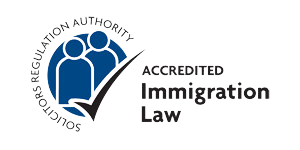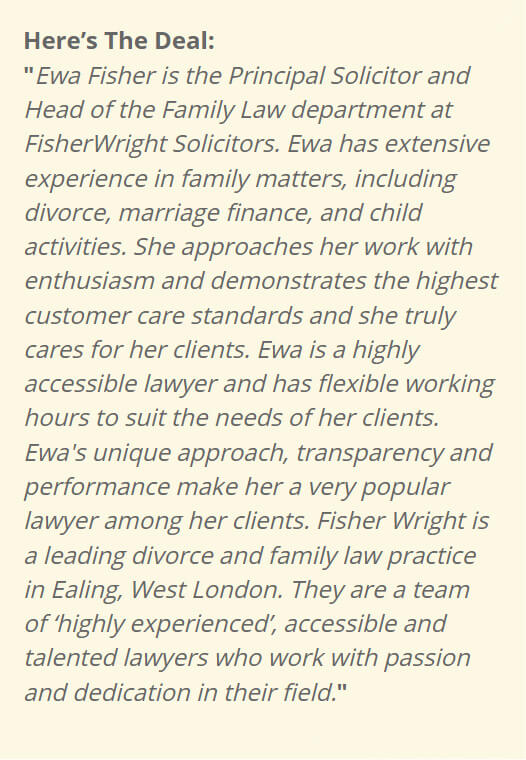Fisher Wright is a leading divorce and family law practice in West London.
Our team at FisherWright are ‘highly experienced’, approachable and efficient group of lawyers who work with passion and dedication for their field. We regularly act for well-known clients on high-value matrimonial finance matters as well as complex children proceedings and pre-and post-nuptial agreements.


























 FisherWright Solicitors Limited is authorised and regulated by the Solicitors Regulation Authority, SRA ID 622283. FisherWright Solicitors is the trading name of FisherWright Solicitors Limited Company Reg: 09536645
FisherWright Solicitors Limited is authorised and regulated by the Solicitors Regulation Authority, SRA ID 622283. FisherWright Solicitors is the trading name of FisherWright Solicitors Limited Company Reg: 09536645